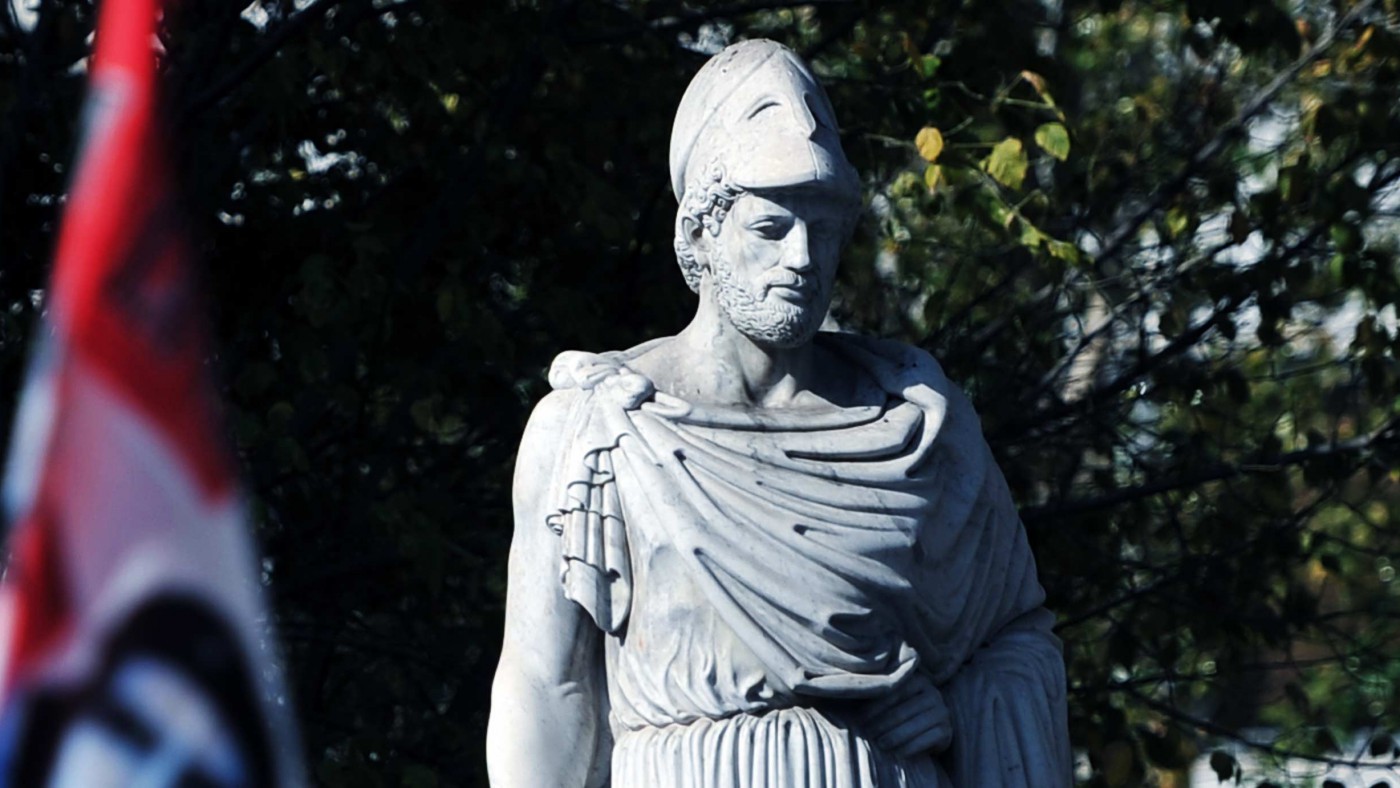Contemporary Greece is based on a geographical misunderstanding: we want to believe that it is the heiress of the Hellenic civilization. And although Greece failed to meet the conditions for admission into the European Union, it was permitted entry from 1981, President Valéry Giscard d’Estaing thinking that nothing should be refused to “the mother of democracy”. In 2001, this misunderstanding, exploited by Greek leaders, was repeated with its premature entry into the Eurozone.
Access to the euro allowed the Greek government, local entrepreneurs and the middle classes to get into debt at a low cost, in order to invest in real estate and the Olympics. This led to much unproductive spending. Governments, both Socialist and Conservative, also made excessive use of credit to perpetuate the most state-controlled economy of Europe: half of the active population works, sluggishly, in the public sector, while the most profitable activities, shipping in particular, benefit from an offshore regimen, paying no taxes.
The Orthodox Church, owner of vast amounts of real estate, is also tax-exempt.This gap between a bombastic State and a tiny fiscal base eventually scared off international lenders, who realized a little late that the Greek government could never pay off its debts, thus leading to an increase in interest rates from 2011, rendering the refund even more improbable.
At this point, there remained only bad solutions: to declare itself bankrupt would have ruined most Greeks, indebted in euros, and Greece itself, apart from tourism, does not export enough to benefit from a depreciated currency. The deal adopted in 2012 with its lenders, the European banks and the International Monetary Fund, allowed the Greeks to survive in euros, but forced the state to reduce its expenses to pay off at least the interest from the debt.
The state could have privatized its ports, airports and industries, but did little of it, in the face of resistance by its labour unions and those bureaucrats living off the public sector. The government might have been able “to charge the rich”, but they mostly live outside the country and the shipowners were threatening to change flags. The result is that the victims of the repayment schedule are the ordinary citizens, those whose salaries have been reduced or whose jobs have been rescinded.
The leftist party Syriza, which has just come into power, denounces “the austerity imposed by Germany” – the Hellenics invented democracy, but also xenophobia. Such a posture is more comfortable than to analyze the causes of bankruptcy, to blame the Church and the labour unions. Syriza, in this respect, is as hypocritical as its predecessors. However, in the long run, Syriza makes the exit from the crisis look even more improbable: both conservative and social-democrat liberals admit that it is necessary to remain in the Eurozone, to enter a normal economy with a less costly state, increased fiscal receipts and salaries competitive with the rest of Europe.
Under its former conservative government, Greece was heading towards normality – slowly, but it was getting there, following the example of Spain, which returned to growth having applied the elementary rules for a normal economy. Syriza does not believe in this normality; it prefers the romantic strategy, that of the first freedom fighters from the beginning of the 19th century in their campaign against the Ottoman Empire. Lord Byron and Chauteaubriand joined in, followed by the European nations, and Greece was thus reinvented. By the same model, the Prime Minister, Alexis Tsipras, courts the European left, which is no longer revolutionary, and orthodox Russia, itself at the edge of ruin.
It’s said that Alexis Tsipras is a Marxist: in fact he is more of a neo-romantic, convinced that Europe could not abandon “the mother of democracy”. The extensions that he has just obtained from the Europeans temporarily consolidate his strategy. But the Greek people, more realistic, are emptying their bank accounts. When the government can no longer pay its employees, it will sink or will adhere to the Spanish solution, working to reimburse. This effective solution may be unfair because the instigators of the Greek bankruptcy will never be punished. But economics is about efficiency, it is not an absolutely moral science.


